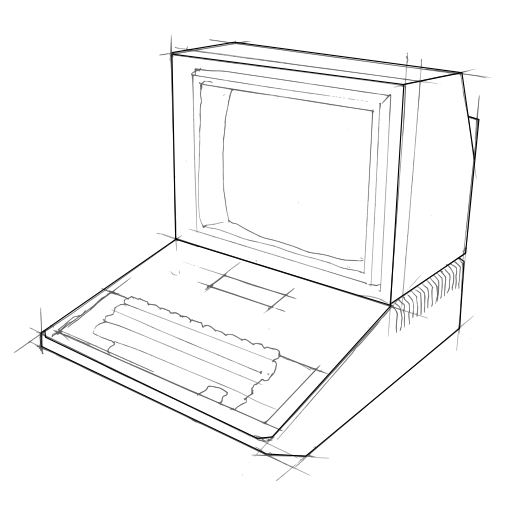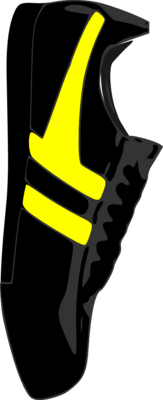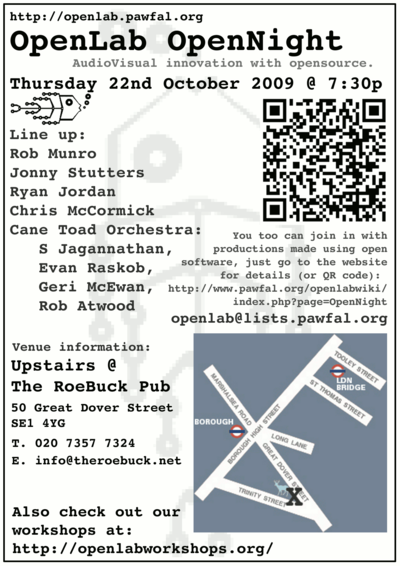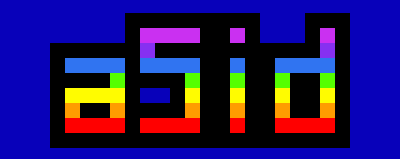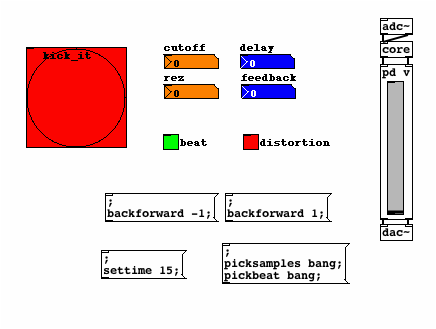I am ridiculously behind on blogging because of the amount of contract work I have going on at the moment (working Saturdays and weeknights until 2am - not fun!) Anyway, I'll stop whining now.
Below is a video of the talk I gave at PyCon AU at the end of June. In it I talk about my time working for London based "reactive music" company, RjDj, and also about my video game Infinite8BitPlatformer.
I haven't posted an Infinite8BitPlatformer update for ages, and I have been meaning to do so since a lot of progress has been made since my last post, but here's a quick update:
- Multiplayer code: this is going really well. It's almost at the point of beta release.
- Contributors: another person has started contributing to the codebase. I am hopefully going to be merging his code this weekend. Julian has put basic chat into the multiplayer code, among other tweaks and bugfixes, and a huge amount of very useful information for other people looking to contribute. He's been very patient about my lack of time!
Anyway, back to work.
